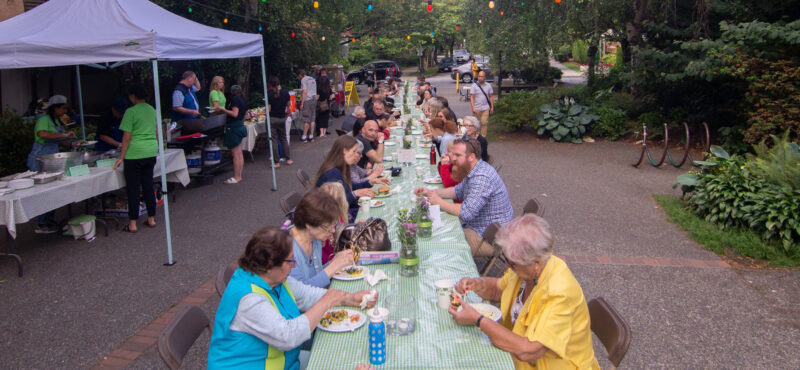Phone: 604-683-2554 | Email: welcome@gordonhouse.org
Federal Election: How Will our Local Candidates Address Food Insecurity?

In the lead-up to the 2021 Federal election, Gordon Neighbourhood House launched a #WestEndVotes initiative to raise awareness about the election, and encourage eligible neighbours to vote.

Food insecurity is a serious issue in our community, and food justice forms a significant component of our work. Gordon Neighbourhood House is a proud member of the BC Poverty Reduction Coalition, a Good Food Member of Community Food Centres Canada, and a local organizer with the Vancouver Neighbourhood Food Network.

We sent surveys to all confirmed candidates, and asked them questions about important issues affecting our community. Here are their responses regarding poverty and food insecurity.
#WestEndVotes Initiative
Question 5: Food Security
Food insecurity is on the rise and now affects one in seven Canadians. Many families, young adults, and seniors can’t afford food, or worry about running out with no money to buy more. A root cause of food insecurity is poverty. How is your party planning to decrease poverty and food insecurity?
Alaric Paivarinta, Green Party of Canada
1. Put opportunity back into food production.
2. Encourage farmers to add value to their products through local and direct sales.
Breen Ouellette, The New Democratic Party
In a country as wealthy as Canada, we have no excuse to leave any Canadian in poverty. We need to take bold and meaningful action so that every Canadian has the support they need to live in dignity. The COVID-19 pandemic has shown us it is possible for government to act quickly to provide extensive support, including a basic income when Canadians are in desperate need. The NDP will invest in income security programs, starting with seniors and people with disabilities, as a first step toward a future where all Canadians can access a livable basic income.
Access to healthy and affordable food is at the heart of the NDP’s food strategy. The NDP would implement a national school nutrition program to ensure that no child enters the classroom hungry.
Hedy Fry, The Liberal Party of Canada
We plan to help people who can and wish to work by providing training leading to jobs and raising minimum wage to $15. We are expanding housing for low-income people. During COVID we worked with local farmers and agricultural producers to supply food for people and created massive food banks. Much of this food was distributed by community organizers. We have been able to reduce poverty in 900,000 seniors and aim to reduce it to zero. During COVID we gave seniors a one-time top up and are raising OAS for people over 74 which will help seniors with food insecurity. In addition, our government provided $300 million through the emergency food fund to food banks and other organizations to address food insecurity during the pandemic.
Taylor Singleton-Fookes, The People’s Party of Canada
The amount of poverty in a society is indicative of how healthy that societies economy is. Artificial government forces that increase the price of food are wrong and should be ceased immediately. The supply management system imposes a financial burden of $339 annually on the poorest 20%. The carbon tax raises the cost of everything. Money printing and the resulting price inflation impacts the poor most. A healthy economy with lower taxes and less interest group protection will reduce poverty and reduce food insecurity.
See: https://www.peoplespartyofcanada.ca/supply-management
Harry Cockell, The Conservative Party of Canada
We did not receive a response from this candidate.
Join the discussion, and share your views using the hashtag #WestEndVotes
Click HERE to meet the candidates running for Vancouver Centre.
Click HERE to return to the West End Votes main page.
This initiative was generously supported by Community Food Centres Canada Election Organizing Grant.



